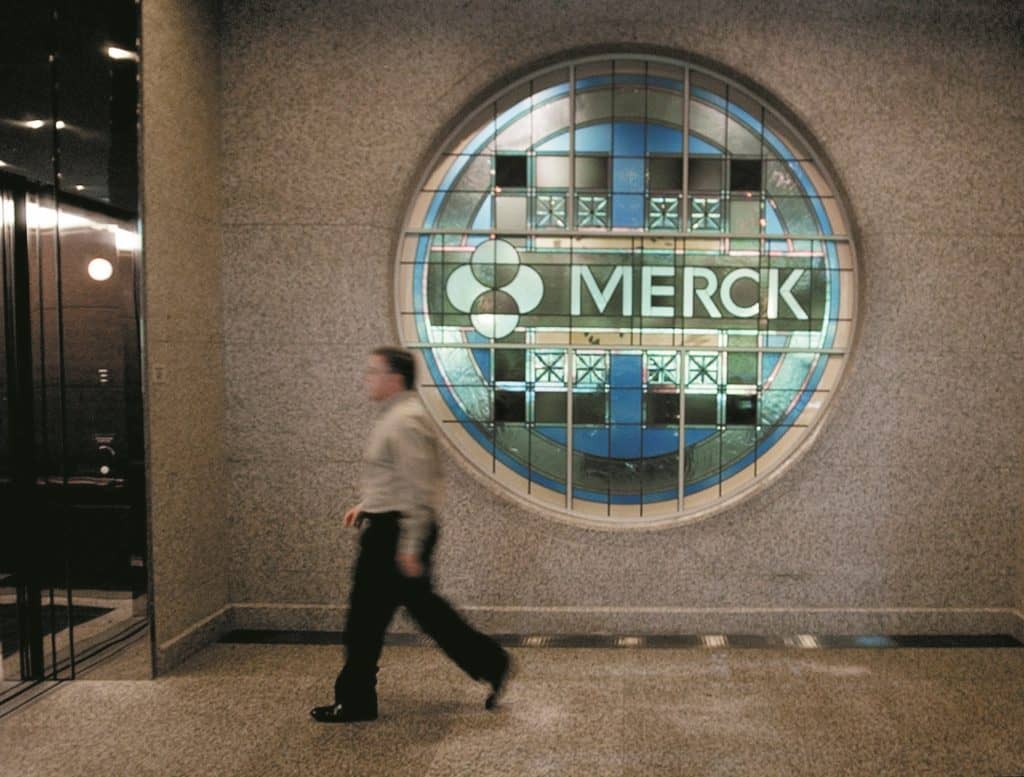
NICE recommends MSD’s Prevymis for CMV prevention following allogeneic haematopoietic stem cell transplant
pharmafile | May 31, 2019 | News story | Medical Communications, Sales and Marketing | MSD, NICE, Prevymis, UK, cmv, cytomegalovirus, pharma
MSD has revealed that its non-nucleoside CMV inhibitor Prevymis (letermovir) has secured recommendation from NICE, meaning it will now be made available on the NHS to patients in England and Wales for the prevention of cytomegalovirus (CMV) reactivation and disease following an allogeneic haematopoietic stem cell transplant (HSCT) in adult patients seropositive for CMV.
It is estimated that between 50% and 80% of UK adults are infected with CMV, which exists in the body in an inactive state. While HSCT treatment can mean the difference between life and death in some cases, such as in cancers including leukaemia and lymphoma, a typical regimen can also weaken the immune system and cause CMV reactivation in around 50% of patients.
Prevymis inhibits the reactivated virus’ ability to replicate in the body. The decision to recommend the drug was taken based on Phase 3 data in 565 patients who had received stem cell transplants across 67 centres in 20 countries. The data showed that, after 24 weeks following transplant, 37.5% of patients receiving Prevymis developed clinically significant CMV infection compared to 60.6% in the placebo group, meeting the drug’s primary endpoint.
“Cytomegalovirus remains a major clinical challenge following allogeneic transplantation, and current treatment strategies remain both toxic and burdensome to patients,” remarked Professor Karl Peggs, Clinical and Scientific Director of the Sir Naim Dangoor Centre for Cellular Therapy, UCLH. “Any new therapy that can reduce this burden is clearly welcomed by both physicians and patients, and the agreement from NICE to make letermovir available to NHS patients is major step forward in this regard.”
Henny Braund, Chief Executive of Anthony Nolan, which manages a register of over 700,000 potential stem cell donors, added: “I am delighted that NICE have accepted the use of letermovir, in what is an important step forward. This decision may subsequently allow stem cell transplant patients in England, Wales and Northern Ireland access to a treatment which could significantly improve their quality of life. Recovering from a stem cell transplant can be a long road and letermovir may help patients avoid the most difficult side effects associated with other treatment options. We’re happy to see that NICE views patient experience so highly in their decision-making.”
Matt Fellows
Related Content

Digital mental health technologies – a valuable tool in supporting people with depression and anxiety
The potential benefits of digital mental health technology for managing depression, anxiety and stress, together …

Combination treatments: Takeda’s Implementation Framework and the broader landscape
Pharmafile talks to Emma Roffe, Oncology Country Head (UK & Ireland) about the combination treatment …

LGC Group opens $100M Organic Chemistry Synthesis Centre of Excellence
LGC Group, a life sciences company, has opened its new Organic Chemistry Synthesis Centre of …






